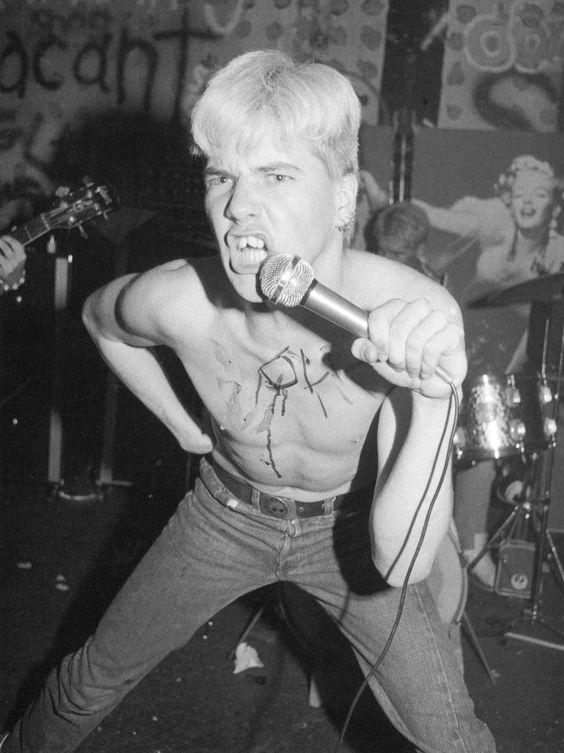The Los Angeles punk rock scene of the late 1970s and early 1980s was characterized by rebellion, DIY ethos, and a disregard for convention. While bands like X, Circle Jerks, and Fear defined much of the chaotic and explosive LA Punk movement, Darby Crash, the enigmatic frontman of the band, The Germs was at the core. Darby Crash’s tumultuous life, both on and off the stage, left an indelible mark on the LA punk rock landscape.
Born as Jan Paul Beahm on September 26, 1958, Darby Crash grew up in Los Angeles, California. His early life was marked by a sense of rebellion and a thirst for subversion. As a teenager, he adopted the name “Darby Crash” and began to immerse himself in the burgeoning punk rock scene of Los Angeles.
In 1976, Darby Crash formed The Germs with guitarist Pat Smear, bassist Lorna Doom, and drummer Don Bolles. The band’s music was raw, aggressive, and uncompromising. Their performances were legendary for their chaos and unpredictability, with Darby Crash often engaging in self-destructive behavior on stage, including cutting himself with broken glass.
The Germs’ debut album, “GI,” released in 1979, remains a landmark in punk rock history. Produced by Joan Jett, the album’s 16 tracks capture the raw energy and nihilistic spirit of the punk movement. Songs like “Lexicon Devil” and “Richie Dagger’s Crime” are anthems of rebellion that resonate with punks even today.
Offstage, Darby Crash’s life was equally tumultuous. His use of drugs, particularly heroin, was well-documented. His obsession with self-destructive tendencies mirrored his onstage persona. Crash and burn. Darby Crash’s life was cut short on December 7, 1980, when he died of a heroin overdose at the age of 22. His death marked the end of The Germs and for many, the punk rock era in Los Angeles.
Despite the brevity of his life and career, Darby Crash’s impact on punk rock and the larger music scene is undeniable. The Germs’ music continues to inspire new generations of punk rockers. Pat Smear went on to join Nirvana and later the Foo Fighters, achieving mainstream success. Darby’s unapologetic embrace of chaos and self-expression remains an enduring symbol of punk’s rejection of societal norms, and still provides inspiration for those who dare to defy the status quo.










